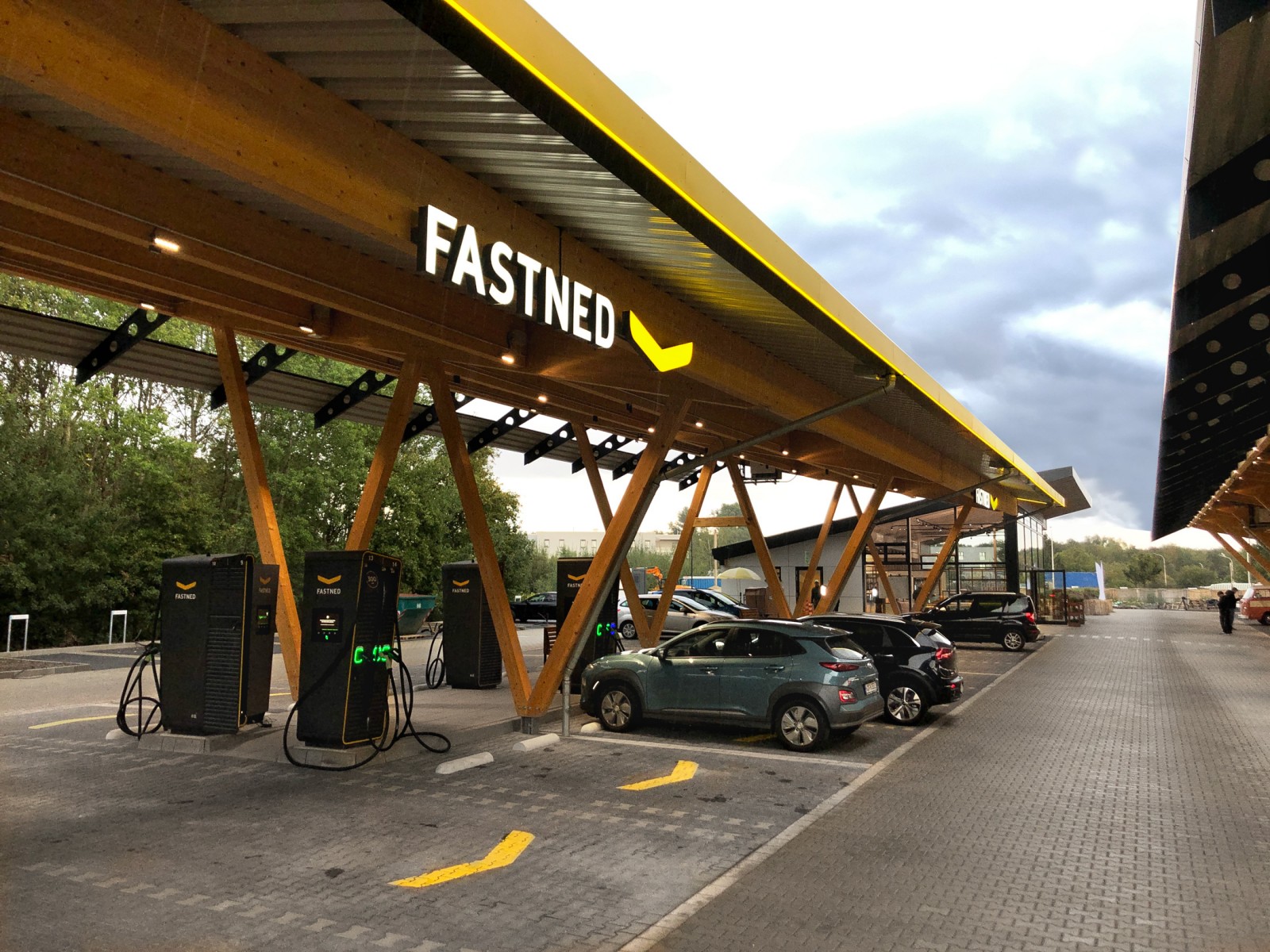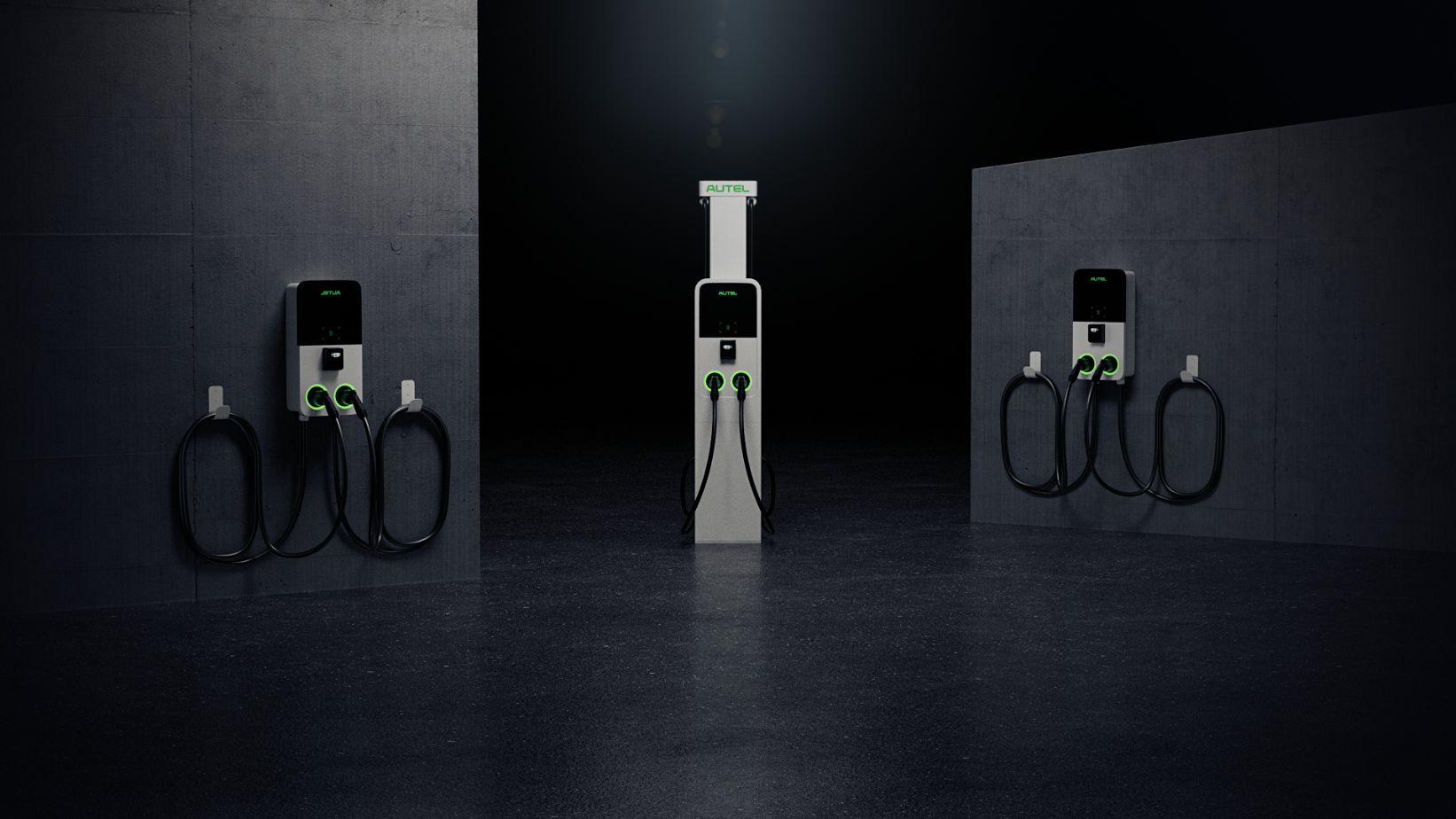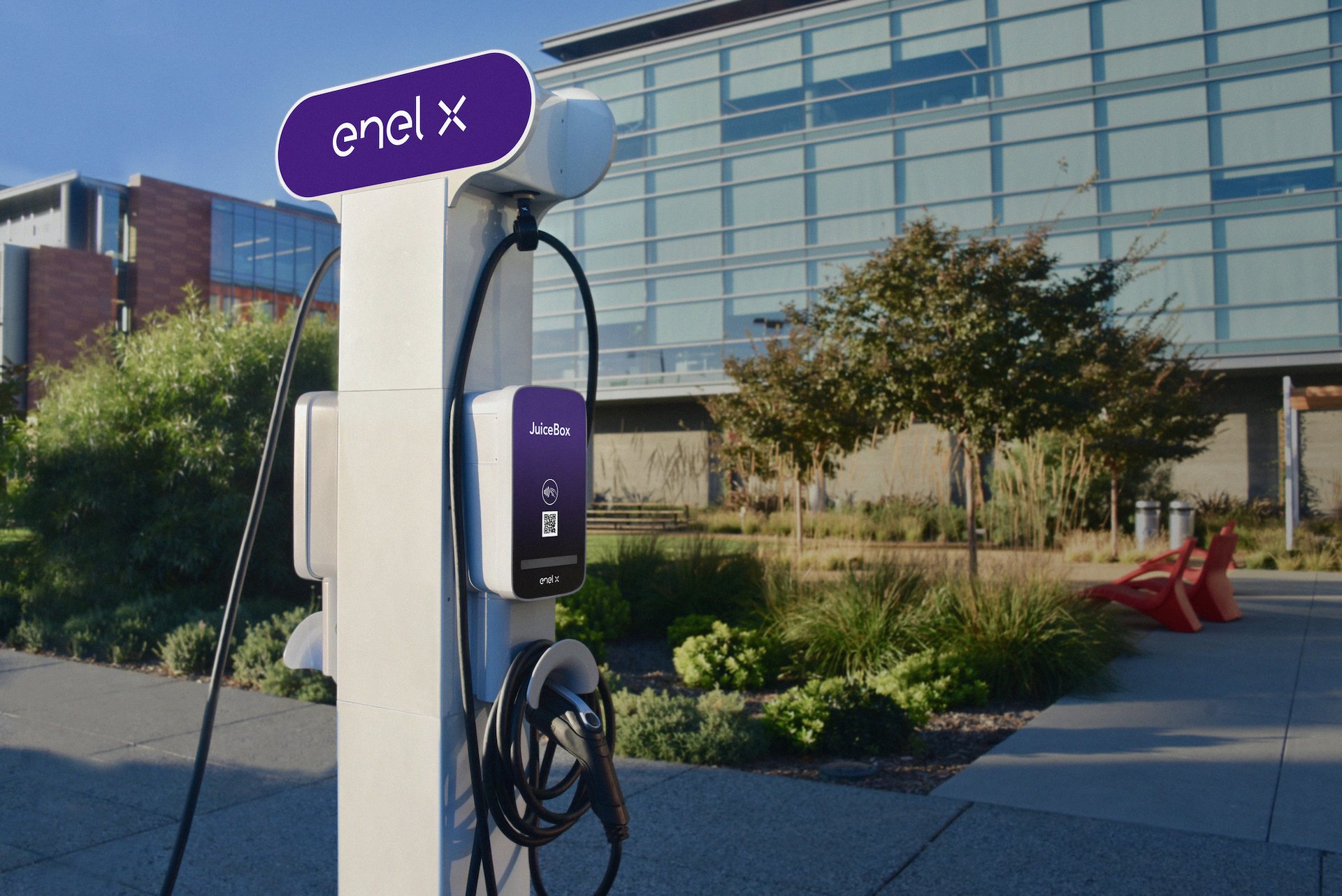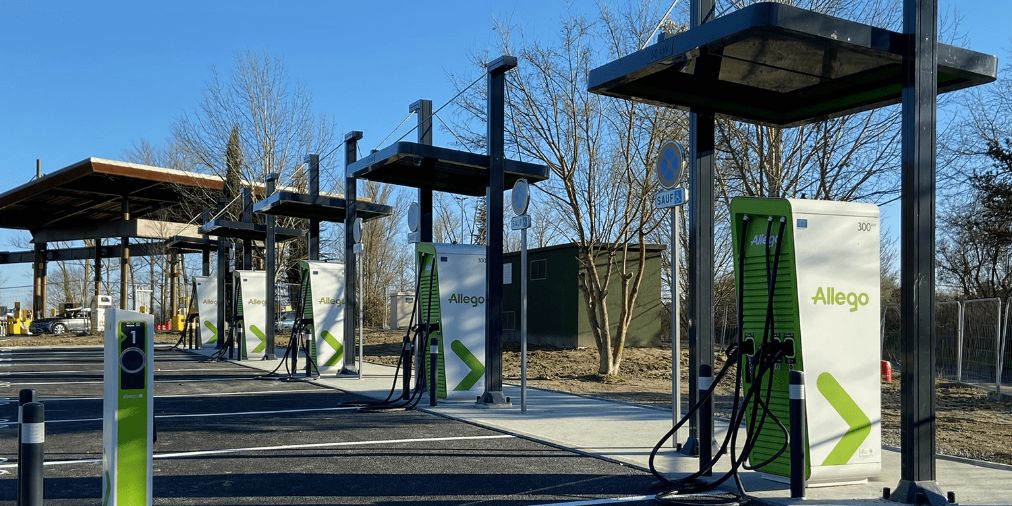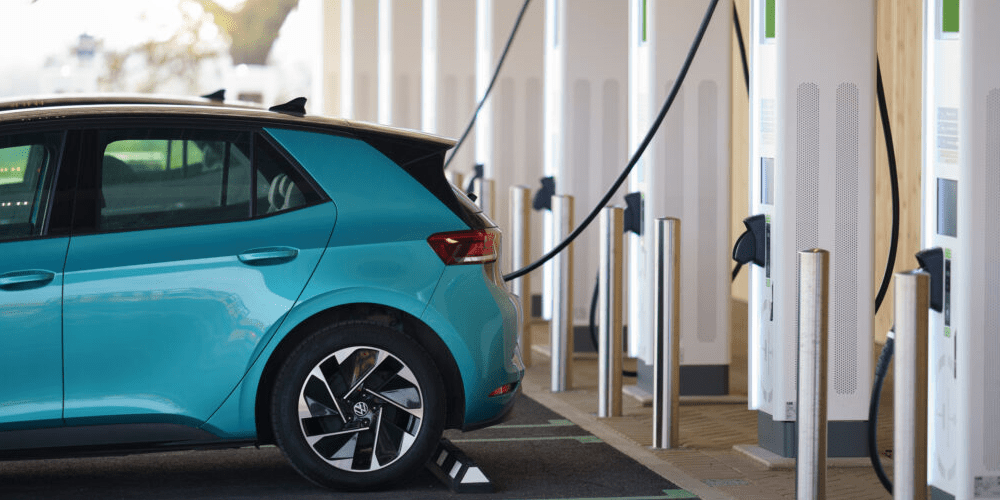The United Kingdom is determined to make a significant contribution to the global fight against climate change. As part of its efforts to decarbonize the transportation sector, the country has set ambitious targets for the adoption of electric vehicles (EVs). To achieve this, the government has been investing heavily in EV infrastructure, and today it announced a £56 million expansion of the charging infrastructure.
The funding will help add 2,400 charge points across the country, with sixteen local authorities joining the effort for the first time. The Department for Transport has stated that the 2,400 charge points are expected to be delivered in the short term, while local councils are to deliver “tens of thousands more” in the long term. The government is also hoping that councils will develop in-house expertise and capability to coordinate charge point plans and work with private operators, helped along by a new fund.
See also: Optimize Prime Fleet Charging Project Concludes in UK with Positive Findings for EV Rollouts
The £56 million will expand the current Local Electric Vehicle Infrastructure (LEVI) pilot and boost the existing On-Street Residential Chargepoint Scheme (ORCS). The ministry further hopes councils will develop in-house expertise and capability to coordinate charge point plans and work with private operators helped along by a new fund. The Government announced the £450 million Local Electric Vehicle Infrastructure (LEVI) fund in March 2022 as part of a larger budget of 1.6 billion pounds to install 300,000 charge points by 2030. In the first round of August last year, nine local authorities, including Durham, Nottinghamshire, and Suffolk, were selected. Today’s announcement widens the circle with 16 local authorities joining the scheme anew, including Sunderland, Rotherham and Norfolk.
The breakdown of the £56 million funding includes £22 million of government funding for the LEVI pilot areas, which is supported by an additional £17 million of private funding and £2 million from public funds across local authorities. To get to the announced £56 million, the Government also launched an £8 million LEVI Capability Fund, which it says will equip local authorities with the skills and ambition to scale up their plans when it comes to their charging strategy.
See also: UK Government to Invest £16 Million in Smart Charging Technology for Cheaper, Greener Driving
A further £7 million is going into the existing On-Street Residential Chargepoint Scheme, bringing the total funding this year to £37 million. Three thousand charge points have already been installed under ORCS, with a further 10,000 in the pipeline. The OCRS funding covers up to 75% of the cost of installation. Companies such as Connected Kerb or Ubitricity have been most active in installations.
In addition to the public schemes, there is the Electric Vehicle Homecharge Scheme (EVHS) and Workplace Charging Scheme (WCS). These schemes aim to make charging EVs more accessible and affordable to households and businesses. The EVHS provides grants of up to £350 for the installation of a home charging point, while the WCS provides grants of up to £350 for the installation of workplace charging points.
See also: Price of electric vehicle charging at public charger has risen by 42 percent in UK
The British Government claims it has already spent over £2 billion to support the move to zero-emission vehicles. This latest investment in EV infrastructure is part of the country’s efforts to achieve its target of net-zero emissions by 2050. The UK has set an ambitious target to phase out the sale of new petrol and diesel cars and vans by 2030, with hybrids to follow by 2035. To achieve this goal, the country needs to ramp up its efforts to build a robust and accessible EV charging infrastructure across the country.


